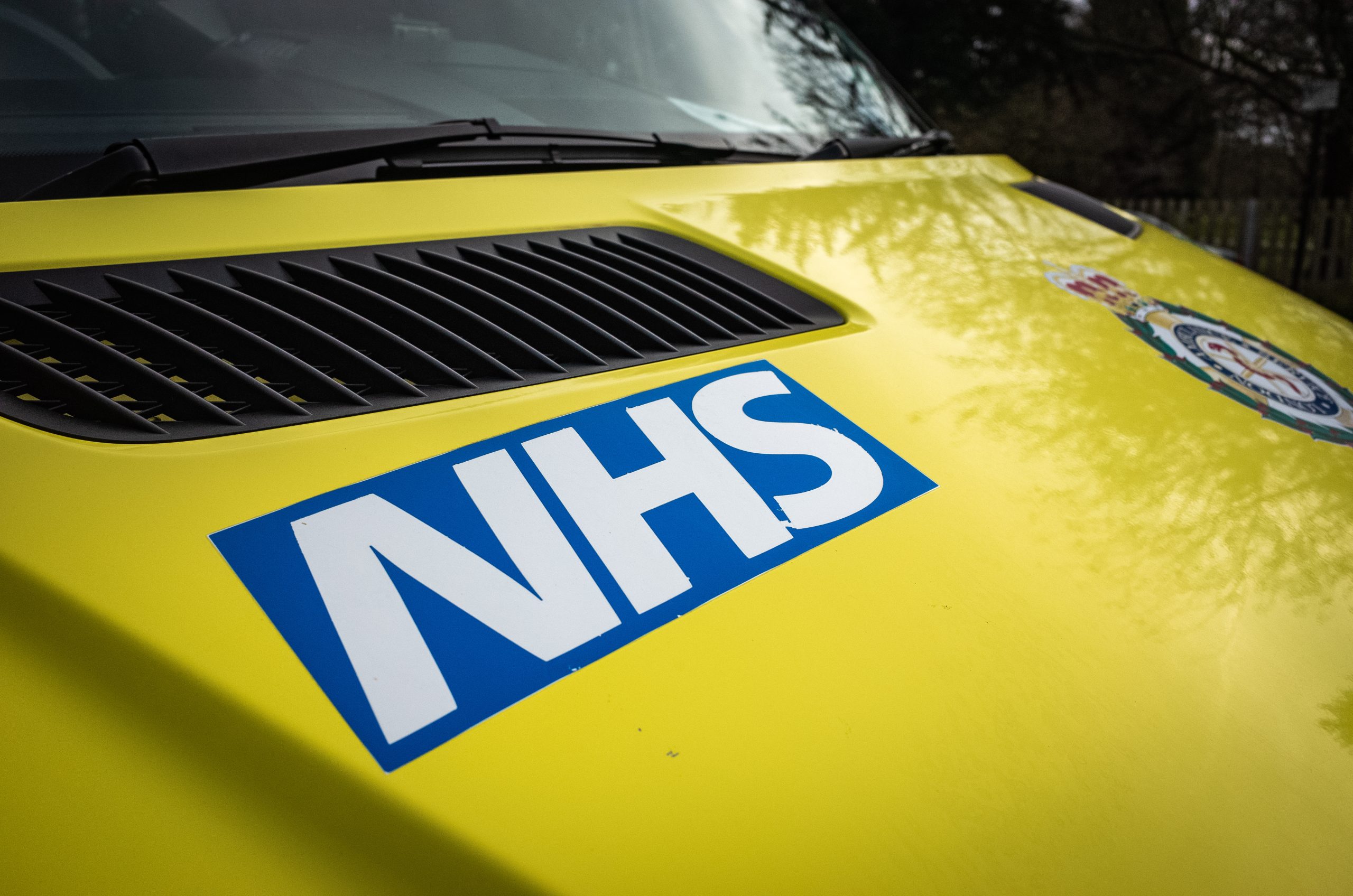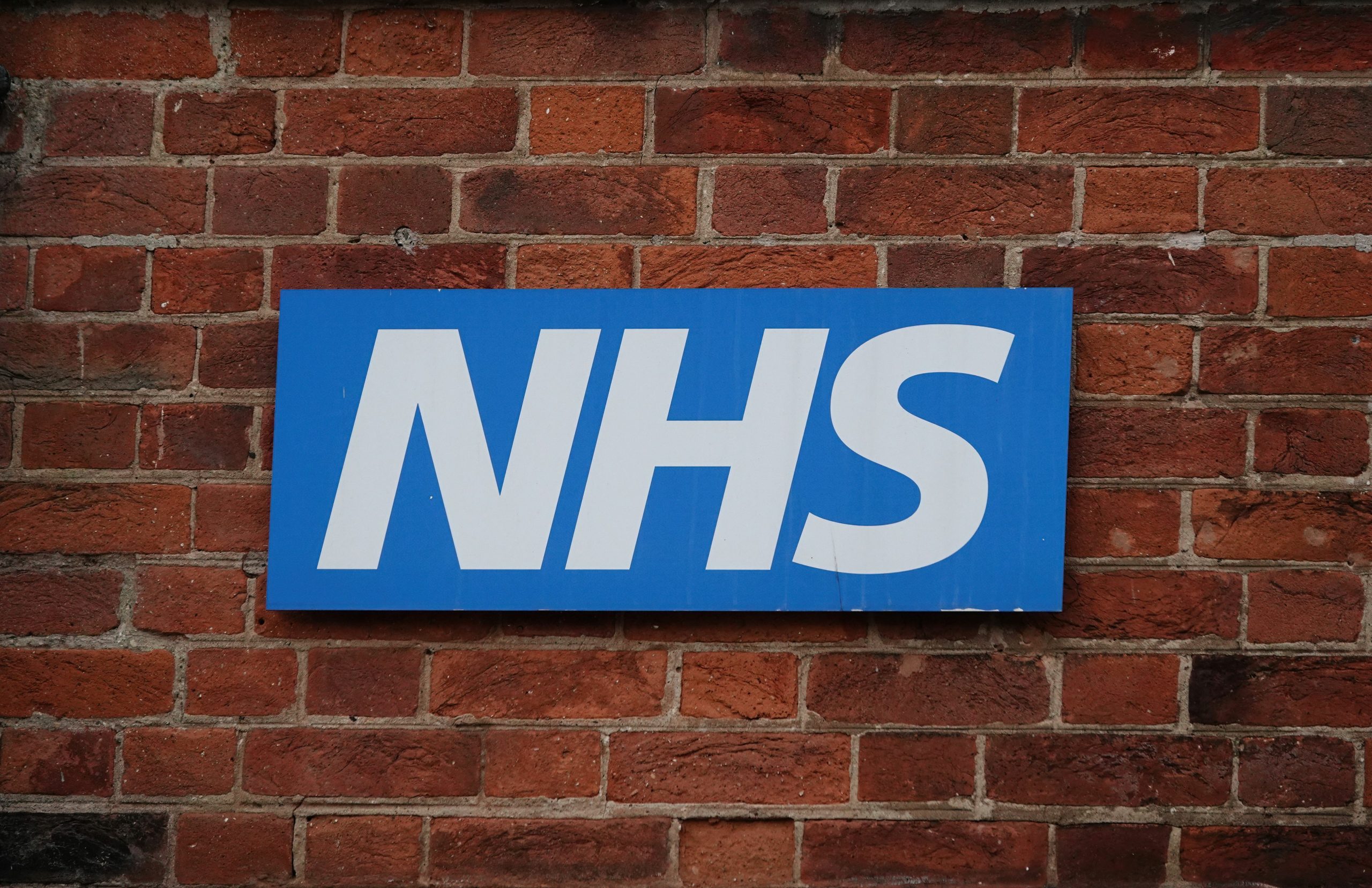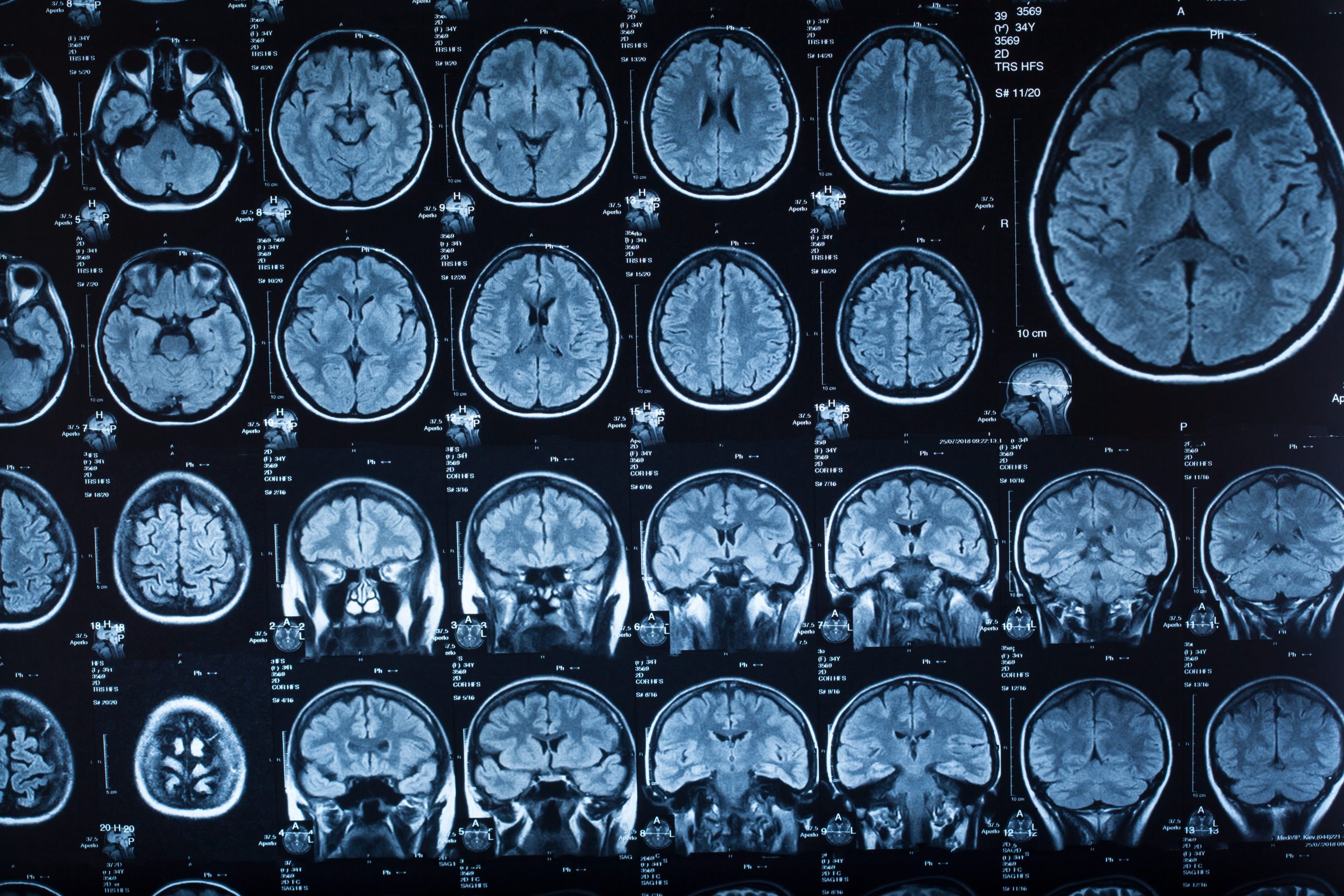Welsh Emergency Departments Embrace Digital Sustainability

Emergency departments across Wales are being challenged to embrace digital technology in a bid to make patient care more efficient and become environmentally sustainable.
As part of efforts to speed up treatment of patients and reduce carbon emission, lab reports at Morriston Hospital are now shared electronically instead of being printed.
This has stopped the production of up to 2kg of printed paper daily. This will save more than £1,200 and 1,200kg of carbon emissions annually in paper alone.
Sites across Wales are also reducing paper usage through the use of QR codes for patient information, as well as reducing electricity output where practicable via computer screen dimming and more efficient use of office lighting.
Wales is the first nation in the UK where all emergency departments are bidding to reach GreenED bronze accreditation.
The initiative, launched in collaboration with the Royal College of Emergency Medicine (RCEM), aims to measure and reduce the environmental impact of emergency departments in the UK.
The framework is divided into bronze, silver and gold levels, with the guidelines and resources required to help achieve them. Achieving GreenED can have a positive impact on the reduction of emissions, waste and costs.
Evidence from recently accredited pilot sites in NHS England showed significant carbon savings and cost savings of around £10,000 per site, thanks to efforts to reduce electricity output, as part of the initiative.
Other measures being adopted in Welsh emergency departments through the GreenED initiative include using recycled paper, eliminating the use of plastic cups and cutlery, improving energy efficient waste segregation and disposal, and increasing the availability of dry-powdered inhalers.
It is hoped these measures will help reduce carbon emissions in NHS Wales, helping achieve the ambition for a collectively net zero public sector by 2030 and the target for a net zero Wales by 2050.
Positive patient outcomes can also reduce emissions
Speaking during Wales Climate Week, Cabinet Secretary for Health, Jeremy Miles, said:
“Embracing digital technology in emergency departments across Wales will not only make the treatment of patients more efficient, but will also have a positive impact on the reduction of emissions, waste and costs.
“I’m pleased we’ve provided support for the GreenED accreditation bid through our health and social care climate emergency national programme. It is positive we have embraced these innovative measures and are on track to achieving bronze accreditation by April next year.
“This fits into our net zero ambitions and shows the wider benefits that can be achieved when reaching our targets.”
Mental Health and Wellbeing Minister, Sarah Murphy, welcomed the focus on digital technology. She said: “Digital technology has the potential to make a massive difference to the efficiency of how we diagnose and treat people.
“If we can embrace digitisation, through the likes of putting lab reports online and using QR codes for patient information, it can also boost our net zero goals.
Sue West-Jones, an emergency department consultant and GreenED clinical lead at Morriston Hospital, said: “The key is the potential to see the GreenED targets as exemplars for the rest of the hospital and other healthcare organisations to spread and scale change.
“It might be said that if we can achieve change ‘at the front door’ working under the extreme clinical and overcrowding pressures we face, then change is possible anywhere!”

